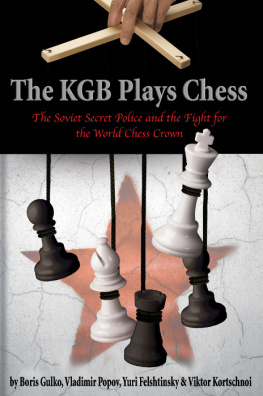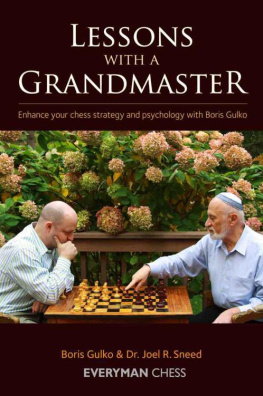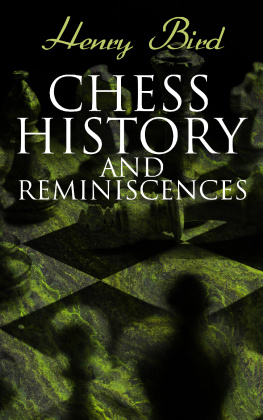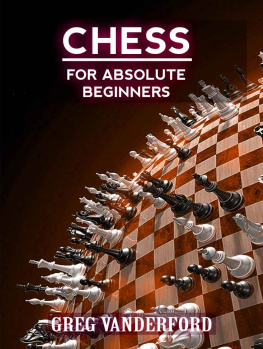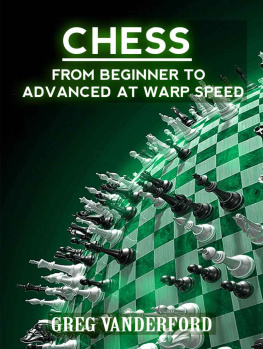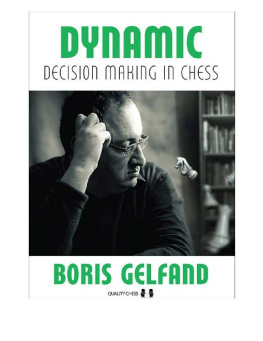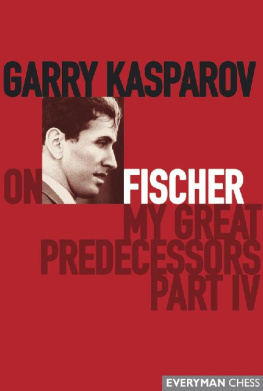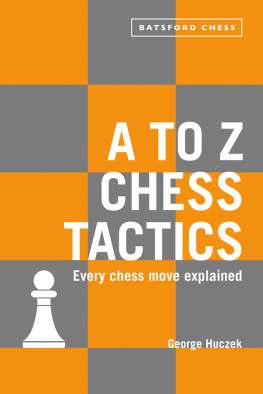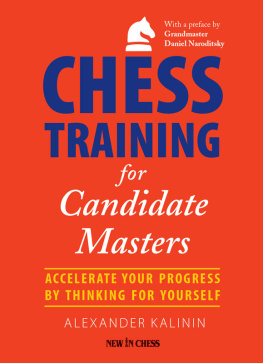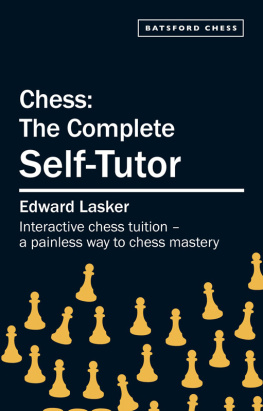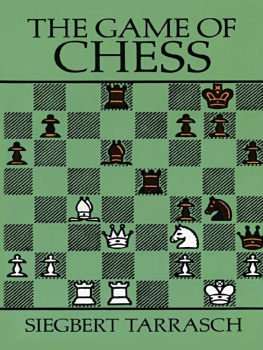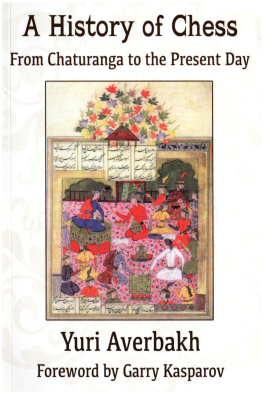The
KGB Plays Chess
The Soviet Secret Police and the
Fight for the World Chess Crown
Boris Gulko, Vladimir Popov,
Yuri Felshtinsky & Viktor Kortschnoi

2010
Russell Enterprises, Inc.
Milford, CT USA
The KGB Plays Chess
The Soviet Secret Police and the Fight for the World Chess Crown by Boris Gulko, Vladimir Popov, Yuri Felshtinsky & Viktor Kortschnoi
ISBN: 978-1-888690-75-0
Copyright 2010
Boris Gulko, Vladimir Popov, Yuri Felshtinsky & Viktor Kortschnoi
All Rights Reserved
No part of this book may be used, reproduced, stored in a retrieval system or transmitted in any manner or form whatsoever or by any means, electronic, electrostatic, magnetic tape, photocopying, recording or otherwise, without the express written permission from the publisher except in the case of brief quotations embodied in critical articles or reviews.
Published by:
Russell Enterprises, Inc.
P.O. Box 5460
Milford, CT 06460 USA
http://www.russell-enterprises.com
Cover design by Janel Lowrance
Printed in the United States of America

About the Authors
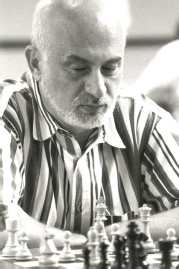
Boris Gulko, born in Germany in 1947, grew up in Moscow. Gulko graduated from Moscow State University with a major in psychology and worked as a research associate for four years.
In 1975, Gulko became an international master and a professional chess player, and in 1976, a grandmaster. Gulko was USSR chess champion in 1977 and twice champion of Moscow.
For seven years, from 1979 to 1986, Gulko was a refusenik. After a difficult struggle, which included three hunger strikes and a month of daily demonstrations and arrests, Gulko and his family emigrated to the United States.
Gulko won the U.S. chess championship in 1994 and 1999. In 1994, he was one of eight candidates for a match for the world championship, and in 2000, one of 16 participants in the 1/8 final for the world championship. Gulko has won numerous international and national chess tournaments, and he has a plus record against Garry Kasparov (three wins, one loss, four draws).
Gulkos articles and essays, both on chess-related and non-chess-related topics, have been published in the United States, Israel, and Russia.
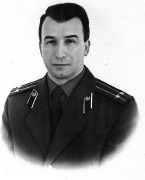
Vladimir Popov was born on August 8, 1947 in Moscow. In 1966, he was drafted into the Soviet Army, serving in East Germany until 1969. From 1969 to 1972, he worked as a test engineer in Ilyushins design office.
From 1972 to 1974, Popov worked in the Tenth Department of the KGB, as a clerk in the Secretariat and junior operative in the Second Division (background checks on individuals traveling abroad). In 1974, he graduated from the All-Union Correspondence Law Institute (now the Law Academy of Russia). From 1974 to 1977, he served as junior operative and then operative in the Second Division of the First Department of the Fifth Directorate of the KGB (this division oversaw all associations of creative professionals). In 1975, he completed a special course of study at the KGBs Higher Education School (while continuing to work as an operative).
Between 1977 and 1989, Popov served as operative and then senior operative in the Third Division of the Eleventh Department of the Fifth Directorate of the KGB (this division oversaw international sports exchange channels). In 1986, he graduated from the International Department of the University of Marxism-Leninism, where he had been enrolled as a correspondence student, while continuing to work as an operative.
In 1989 and 1990, Popov served as deputy head of the Twelfth Group of the Fifth Directorate of the KGB (coordinating work with friends the state security services of the Warsaw Pact countries).
In January 1990, Popov tendered his resignation, but was not dismissed immediately. From the beginning of 1990 until October 1991, he served as a consultant for the KGBs Center of Public Relations (the KGBs former press office).
During the attempted August Putsch in 1991, Popov refused to go along with the KGBs activities on the very first day of the putsch, August 19. He was dismissed in October 1991 with the rank of lieutenant colonel. In 1996, he immigrated to Canada, where he lives at the present time.
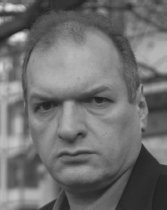
Yuri Felshtinsky was born in Moscow in 1956. In 1974, he began studying history at the Moscow Pedagogical Institute. In 1978, he immigrated to the United States and continued studying history, first at Brandeis University, then at Rutgers, where he received a Ph.D. in history in 1988. In 1993, he defended a doctoral dissertation at the History Institute of the Russian Academy of Sciences, becoming the first foreign citizen to receive a doctoral degree in Russia. Felshtinsky has compiled, edited, and annotated several dozen volumes of archival documents in Russian history. His own books include The Bolsheviks and the Left SRs (1985), Towards a History of Our Isolation (1988); The Failure of the World Revolution (1991); Lenin and His Comrades (2010); Blowing up Russia (with Alexander Litvinenko, 2007); The Corporation: Russia and the KGB in the Age of President Putin (with Vladimir Pribylovsky, 2008).
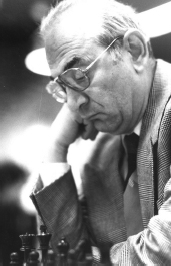
Viktor Kortschnoi was born in 1931 in Leningrad. Kortschnoi graduated from Leningrad State University with a major in history. He became first a Soviet, then a Swiss chess player. A grandmaster, Kortschnoi first qualified as a candidate for the world championship in 1962.
Kortschnoi was a four-time USSR chess champion (1960, 1962, 1964, 1970), a two-time winner of interzonal tournaments (1973, 1987) and candidates tournaments (1977, 1980), and a five-time European champion. Kortschnoi participated in world chess matches in 1978 and 1981 (both times against Anatoly Karpov), and in a candidates final in 1974 (also against Karpov).
Because of restrictions placed on him by the KGB and the Soviet government, he defected from the Soviet Union after a tournament in Amsterdam in the summer of 1976, settled in Switzerland, and obtained a Swiss citizenship in 1994. Kortschnoi plays for Switzerland in international competitions.
Foreword
by Boris Gulko
For Soviet people, chess was a source of things that were in extremely short supply in the former superpower: freedom of expression without ideological control and honest competition whose outcome was determined not by membership in the Communist Party and the right ethnic profile, but by individual merit. For the lucky ones who were able to earn a living by playing chess, the game meant a decent income and even the prize most coveted by those who were cut off from the world by the Iron Curtain trips to matches abroad. In return for relative freedom, chess players brought international prestige to the Soviet regime: Soviet chess players were the strongest in the world.

